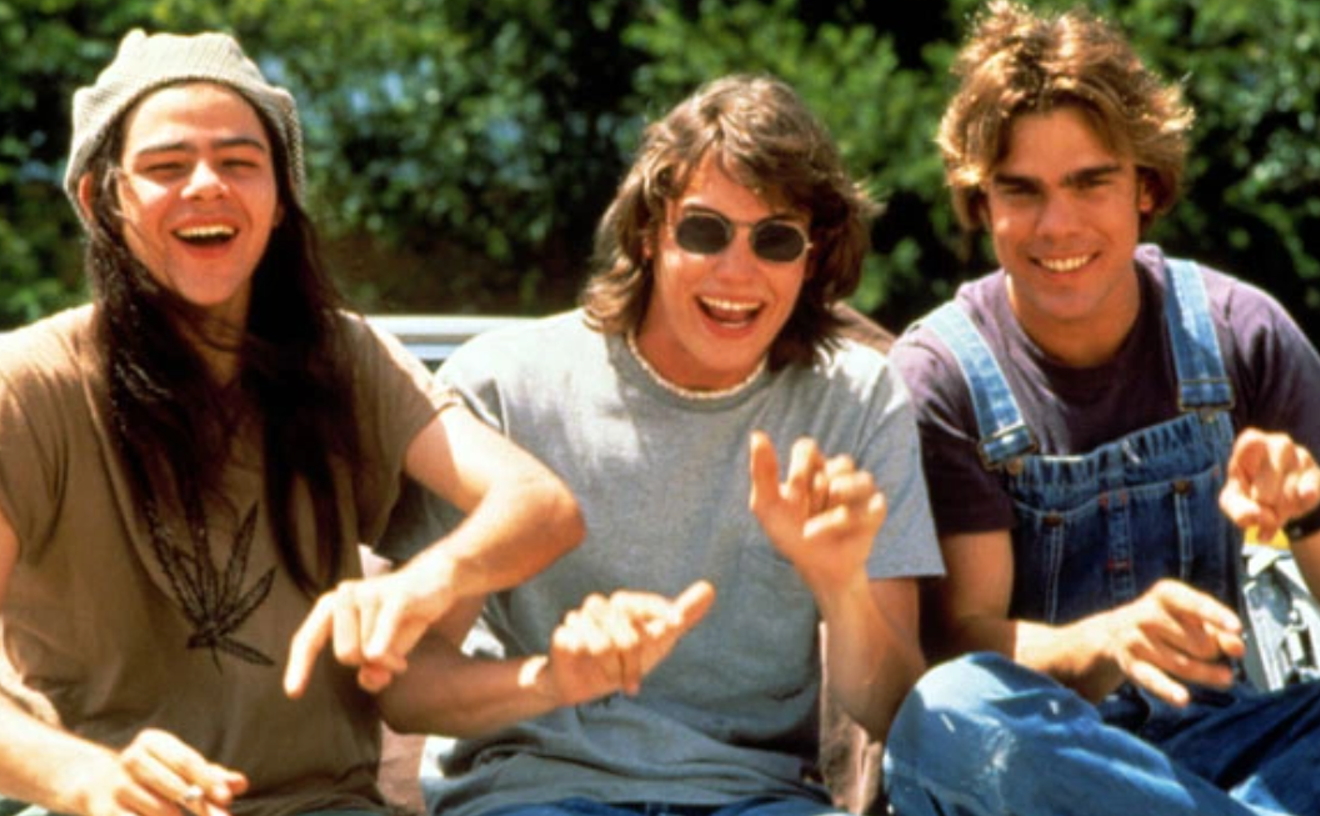That's mostly because, in Actors Theatre of Phoenix's production of Henrik Ibsen's masterpiece, director Matthew Wiener has taken some unusual liberties with Rolf Fjelde's popular translation. This classic story of a mean-spirited, batty strumpet trapped in a loveless marriage has, as adapted by Wiener, taken on the pacing of a mild melodrama, rather than the calamitous thriller it's meant to be.
This is Hedda Gabler Lite, presented in Gage Williams' beautiful gridlike box, a 21st-century set piece in which rests the trappings of an 1890s sitting room, backed by giant backdrop scrims depicting the face of our heroine. Even the show's promotional pieces are modern and oddly up-tempo, with tag lines reading, "She's beautiful . . . she's dangerous and she's bored."
But it's Wiener's take on the principal roles that make this production particularly unusual. He's transformed Hedda's husband, George, usually seen as a distracted but nimble-minded blowhard, into an addled nitwit who's easily duped by his willful wife.
Asking Mark Collver to play George as a goofball means that his tirades, meant to delineate his devotion to wife and career, come off as whiny temper tantrums. And George's Aunt Julie, written as a nosy, meddlesome bitch, is seen here as a flighty, forgiving sob sister. Where she once needled Hedda in the opening sequence, daring her to admit that she's pregnant, her speeches are read here (by the estimable Linda DeArmond, whose delightful performance reminded me of the kind of dithery numskulls once played in movies by Spring Byington and Fay Bainter) as sweet-natured entreaties and wishes for Hedda's good health.
Then there's Hedda herself, no longer the conniving bitch of theater lore, but a bored child with an inexplicable vendetta against everyone in her path. As written, Hedda's psychotic behavior is explicable as the conduct of a demented woman who's never given her due. As played by Corliss Preston, Hedda's a pouty papa's girl with a mysterious dislike of everything around her.
Her first act, upon entering her own story, is to gaze longingly at a photograph of her father, who's presumably corrupted Hedda by teaching her to shoot firearms and think for herself. Then, in a frequently lighthearted performance, she sets about destroying everything around her. Why? It's in Ibsen's play, but not necessarily in this staging.
Despite its unusual treatment, there's plenty to like about this Hedda Gabler. I'd gladly eat a box of broken dishes in return for the chance to see Molly Schaffer perform onstage more often. After graduating from ASU's theater arts program, Schaffer moved to Los Angeles, where she's been working in television (The West Wing) and film (Man on the Moon). She's returned to Phoenix to play Thea Elvsted, and walks off with every scene she's in. Schaffer captures perfectly Thea's hunted, haunted qualities, and her performance reaches a brilliant pitch in Act Two, as she ceases to be a wide-eyed bystander and becomes Hedda's youngest victim. Even when she's turning to mush in the company of her lover, Schaffer's Thea is delightful to watch.
Both Mark DeMichele as the oily Dr. Brack and Joël Maurice (another talented ASU alum) as Thea's ill-fated beau are perfect, but none of the cast seems to be performing in the same production. The result is a Hedda Gabler that plays at an uneven pitch, sometimes as a quick-paced drama, other times as a languid thriller.
While never not entertaining, this production left me -- and perhaps anyone who knows this fine piece of writing -- to wonder: Who are these people? And where's the tragedy?










